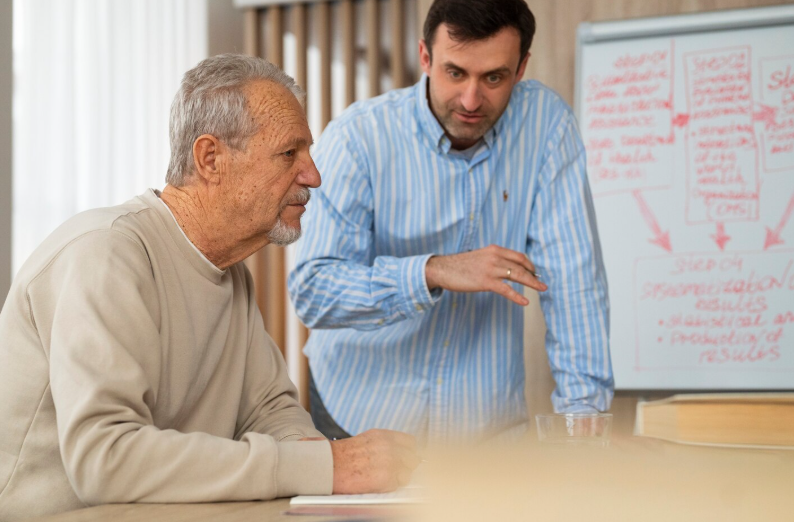Introduction:
Have you ever had so many obligations that it seemed like a failure to ask for help? You’re not by yourself. Our culture praises what it calls the “self-made person” and automatically associates power with going it alone. In truth, the opposite is true—reaching out for assistance is not just courageous; it is a methodical approach to deepen self-understanding and personal development in our species. So, it’s time to think about your strengths and liberties.
The Myth of Self-Sufficiency
We are taught from an early age that independence is the ultimate objective. Society glorifies that “lone wolf” type—the entrepreneur who built an empire solo, that single parent working two jobs without breaking a sweat. Social media will stand as its megaphone, presenting the curated life devoid of struggle behind filters. These self-sufficiency myths set us up with an impossible standard from which we feel inadequate when we cannot “do it all.”
The Psychological Barriers
Even when overwhelmed, something holds us back from making that call for help. There is the fear of appearing weak; there is a worry about burdening others; and there is the fear of actually being vulnerable. Dr. Brené Brown says,” We associate vulnerability with stuff we want to avoid: fear, shame, uncertainty. And yet, very often we’ve missed the point that vulnerability is also the very root of joy, belonging, and creativity.” In other words, avoiding help isolation.
Being Vulnerable as Courage
What if asking for support was seen as a brave signal? Knowing that you can’t do everything demands a great deal of bravery. Accepting your constraints and noticing how crucial your health is, and seeking help, are more important than giving up. With the advent of this new mindset, there is no need to fear vulnerability; instead, it is a strength that enhances endurance.
Building Relationships: The Effects of Going the Extra Mile
As social beings, humans have a natural desire to create bonds with others. consequently, while we ask the support or help, we do not share our load but form a good bond.
Vulnerability as Strength
Think about an occasion in which someone thought you were worthy enough to be asked for help. Did it not improve your bond? The more we rely on one another, the more we develop a system that helps and responds in kind, enhancing the values within the communities.
A Few Working Ways of Asking for Help.
Recognizing the Need for Help Just knowing when to go about asking for help is half the problem. Watch out for burning out or too much sustained stress being put on you, or even hesitation setting Asking for help is a great option when it’s just way too stressful, tense, or pressing from other people. Remember, asking for help is an initiative taken to restore harmony, and not the last thing you want to do.
How to Ask for Help Efficiently
- Be precise: Tell the other person exactly what you want out of the ears-that could be an ear, some advice, or a favor.
- Be decisive: Keep in touch with one you trust and consider able to help you in the situation.
- Express appreciation: Say thank you either before or after. It inspires others.
Conclusion:
Do remember that asking for assistance is not a weakness at all; it is a move towards gaining strength. As far as our culture is concerned, it excessively values self-dependence; it is important to address the matter of depending on others in a dignified manner. By accepting a new meaning for independence that includes having the courage to ask for help, we lighten our load and create deeper interconnections with those around us. So, the next time, don’t hesitate to talk to our team, go to Mastercareservices.com, without any delay





